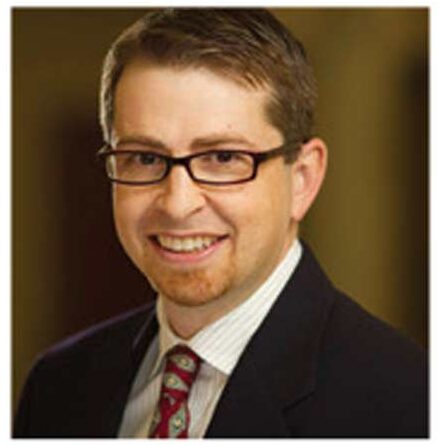 Dear Colleagues:
Dear Colleagues:
It’s not uncommon for new derm PAs or NPs to ask an old crony like me, “What should I do to get better at dermatology?” Well, nothing can replace experience and repetition, but certain habits and academic activities can determine if one is just “getting better” or “becoming great” at dermatology. There are three things I would initially recommend: First, you must read, read, read! If you don’t want to be a lifelong learner, go get another job! You can’t practice medicine, no matter what the specialty, and do nothing outside of clinic hours. I would argue that your education and professional growth improves or declines based on how you spend your time from 5pm to 9pm, not 9am to 5pm.
Secondly, become an expert at speaking “dermatology.” Dermatology is now your nationality—speak its language fluently. Know the difference between arciform and circinate, grouped and coalescing, and ostraceous versus rupioid. Use specific terms to describe things to yourself and to others. This is how you start adding new diagnoses to your dermatology tool belt: describe it well, take good photos, do a biopsy, read the biopsy report closely, read about the condition, and then piece it all back together with the patient. Suddenly, your one-item differential lists begin to expand to several items for every skin presentation.
Third, in order to make evidence-based decisions and recommendations to yourself, and ultimately to your patients, you must know how to find, interrupt, analyze, and critique medical manuscripts and trials. That starts with becoming proficient with doing searches and inquiries on Pubmed, Cochrane, Scopus, Embase, and Clinicaltrials.gov. You must look beyond the “conclusion’’ section of the abstract to determine if the study design and subsequent results are valid and reliable. Do you understand inclusion criteria, p values, confidence intervals, case-control versus cohort, if NRI is better than LOCF, or how a study is “powered” (to name a few)? Maybe you like meta-analysis studies, but if the authors merge together different data sets that have different outcome measures, are the conclusions valid? This is what it takes to become a competent, evidence-based practitioner, and our patients deserve it!
I’ve heard it said, when a skin disorder is not improving, it may not need more medicines, but more thinking! So, if you have already mastered the things I mentioned above, take an honest look within yourself and identify areas of weakness in your clinical acumen. We all have different mountains to climb, and we will never master everything. The key is having the determination to study, research, learn, seek help, and dig deeper to nail the right diagnosis and offer sound clinical-based recommendations to your patients. See you along the path!
Warm regards,
Douglas DiRuggiero
Douglas DiRuggiero, DMSc, MHS, PA-C
Douglas DiRuggiero, DMSc, MHS, PA-C, is a certified physician assistant at the Skin Cancer & Cosmetic Dermatology Centers in Rome and Cartersville, Georgia.

